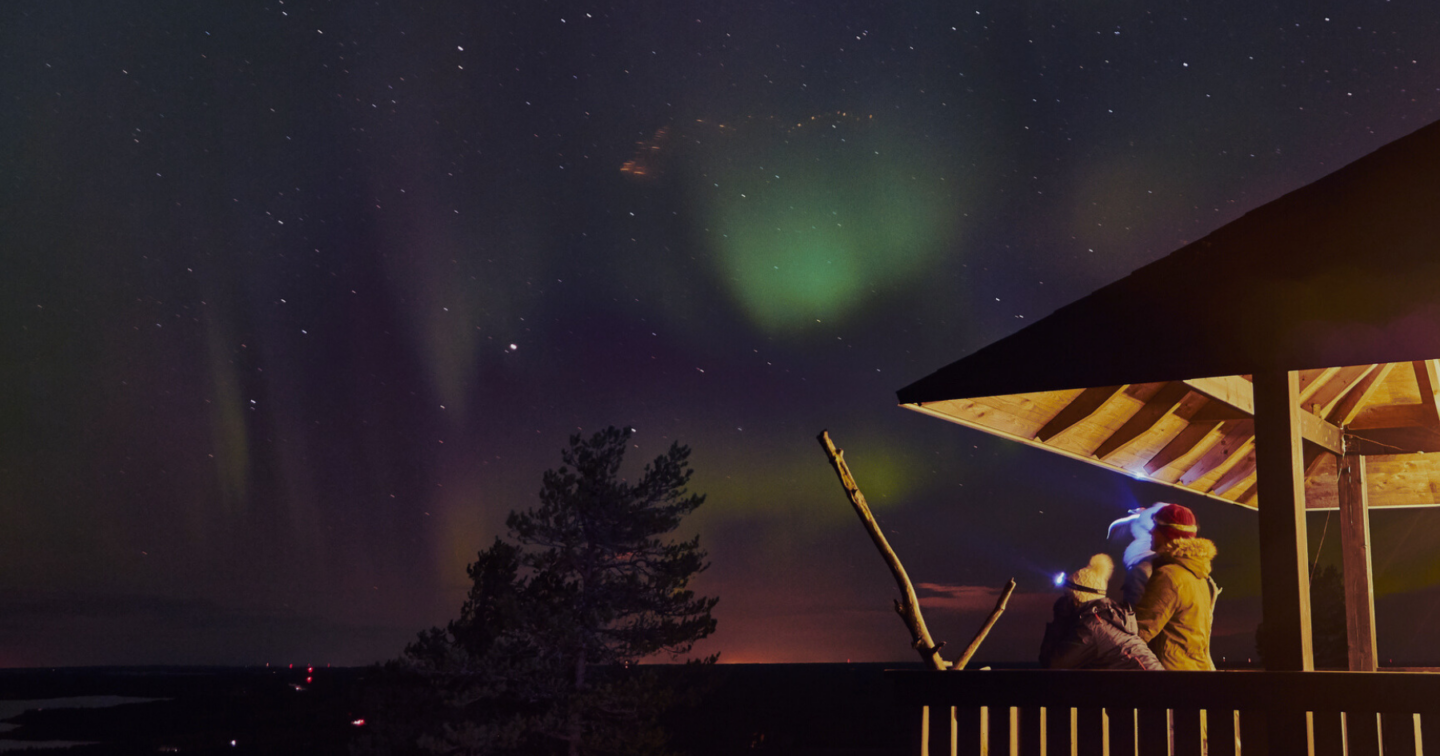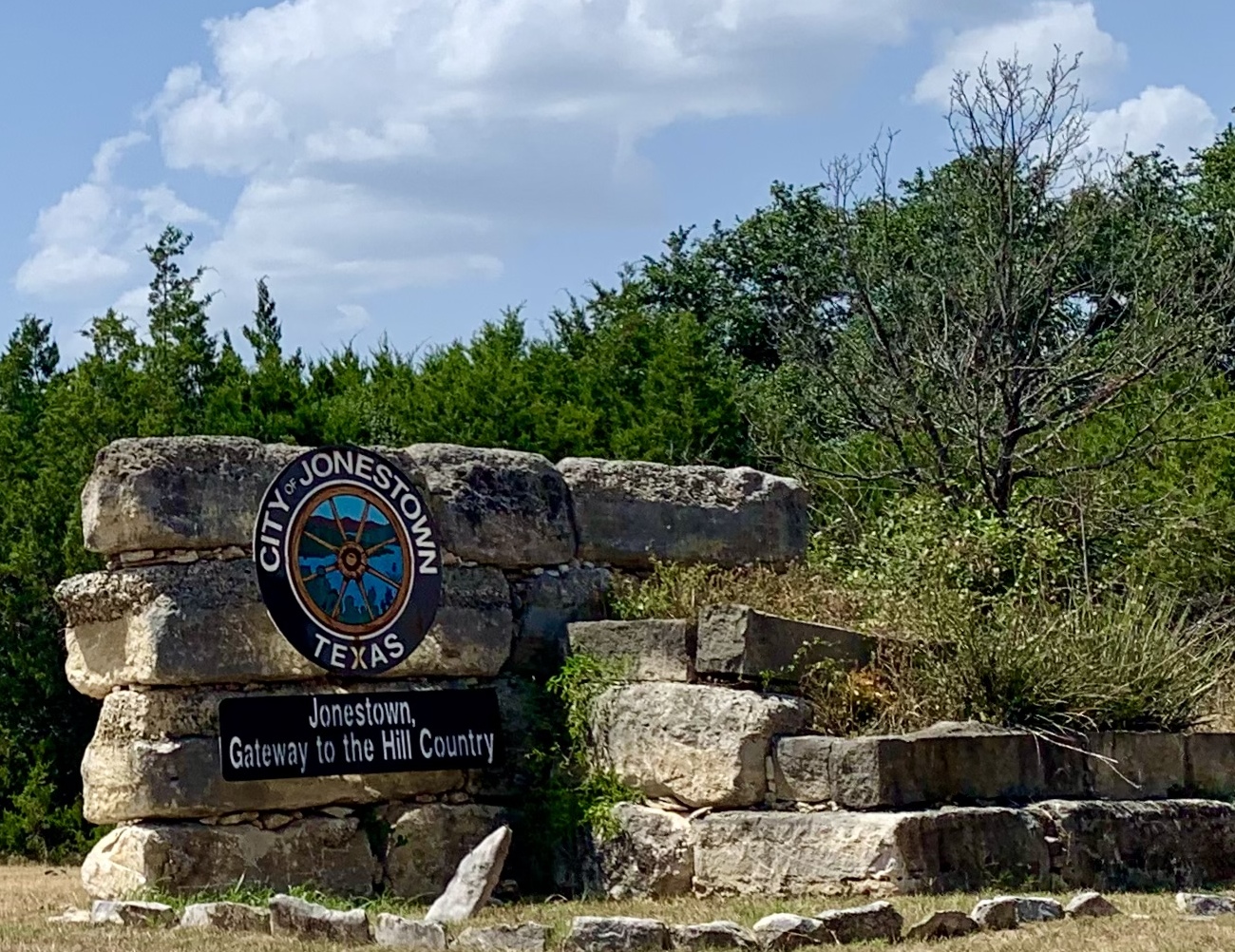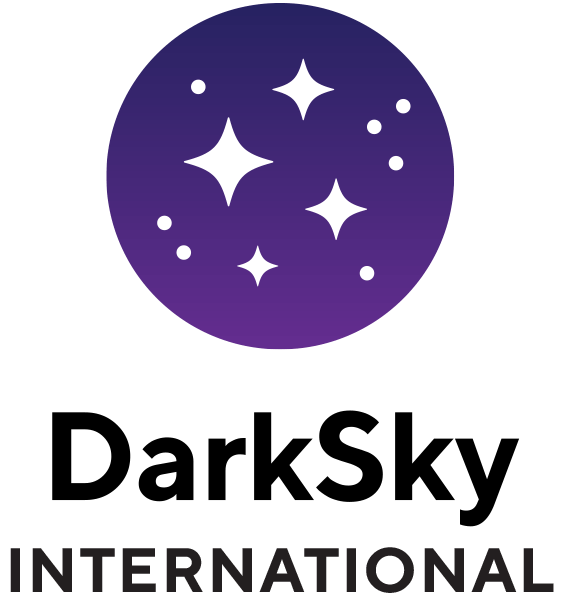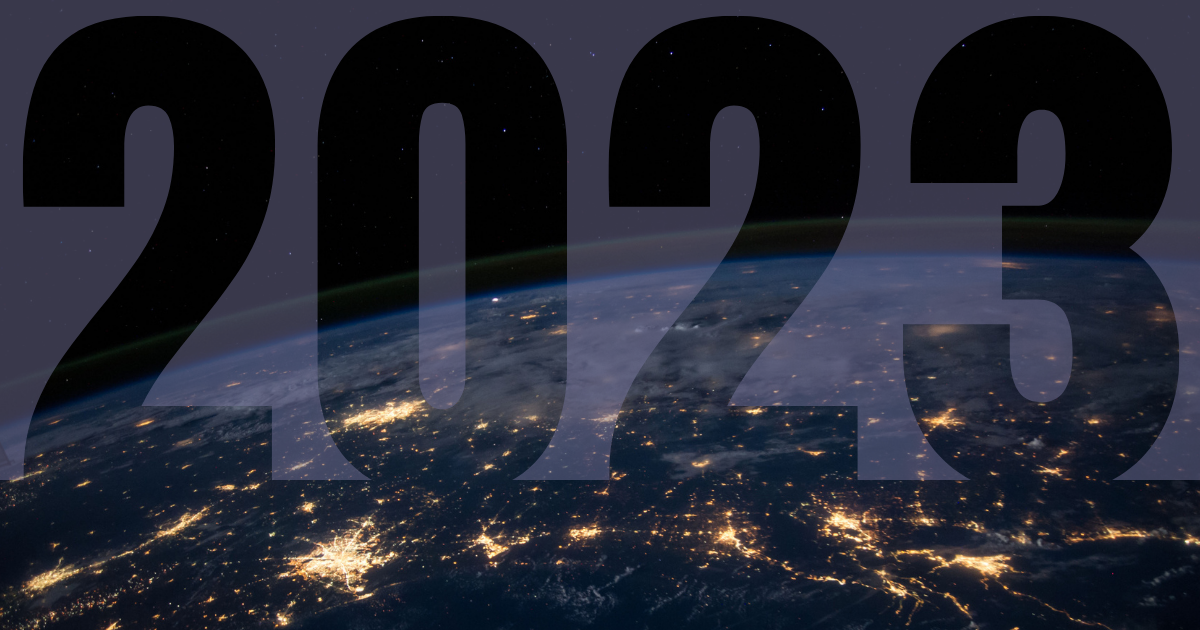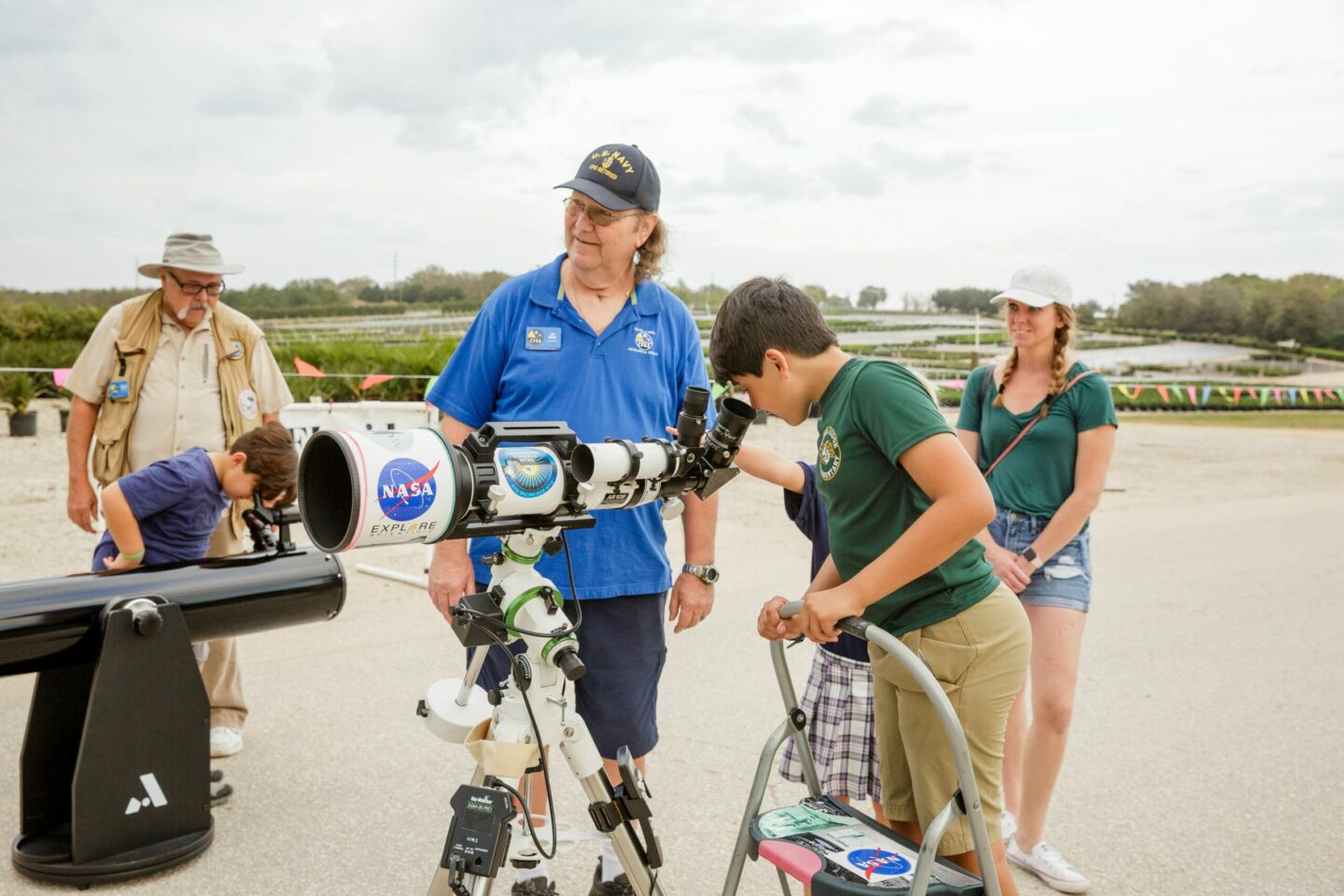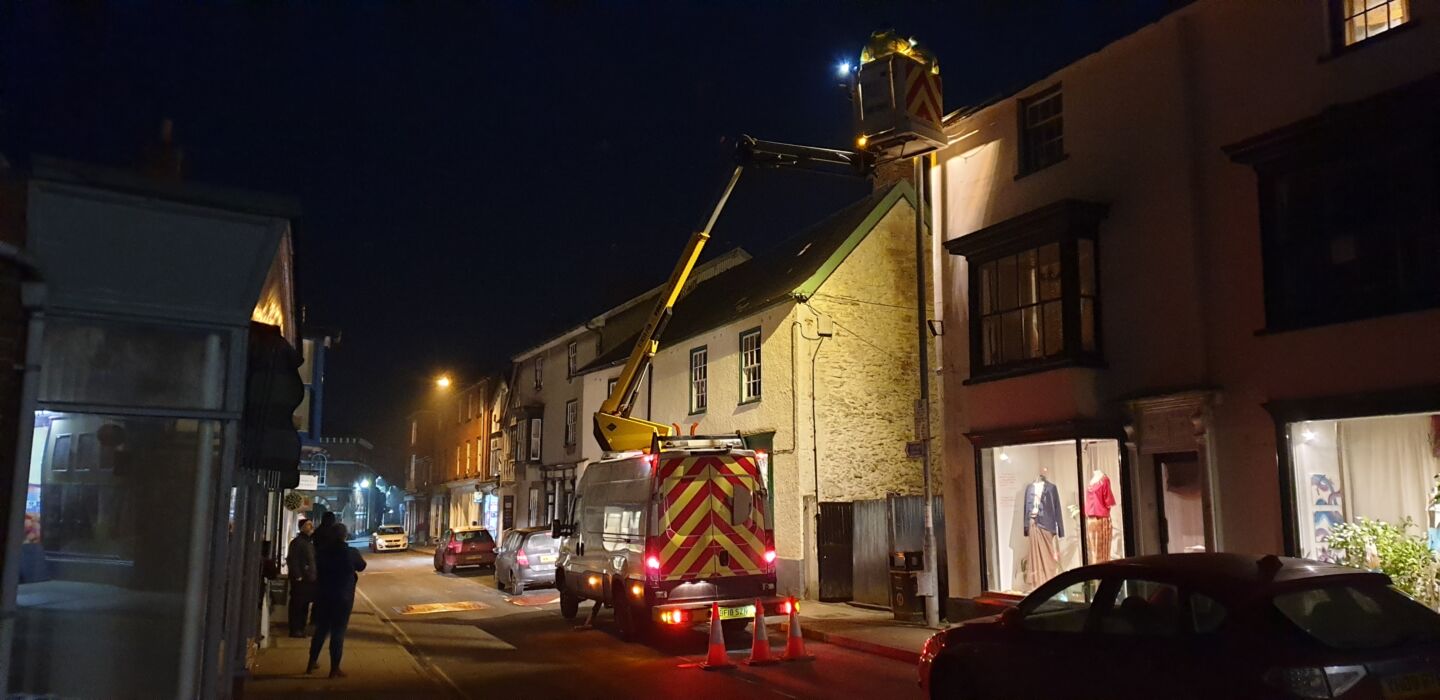
Niue is World’s First Country to Become a Dark Sky Place
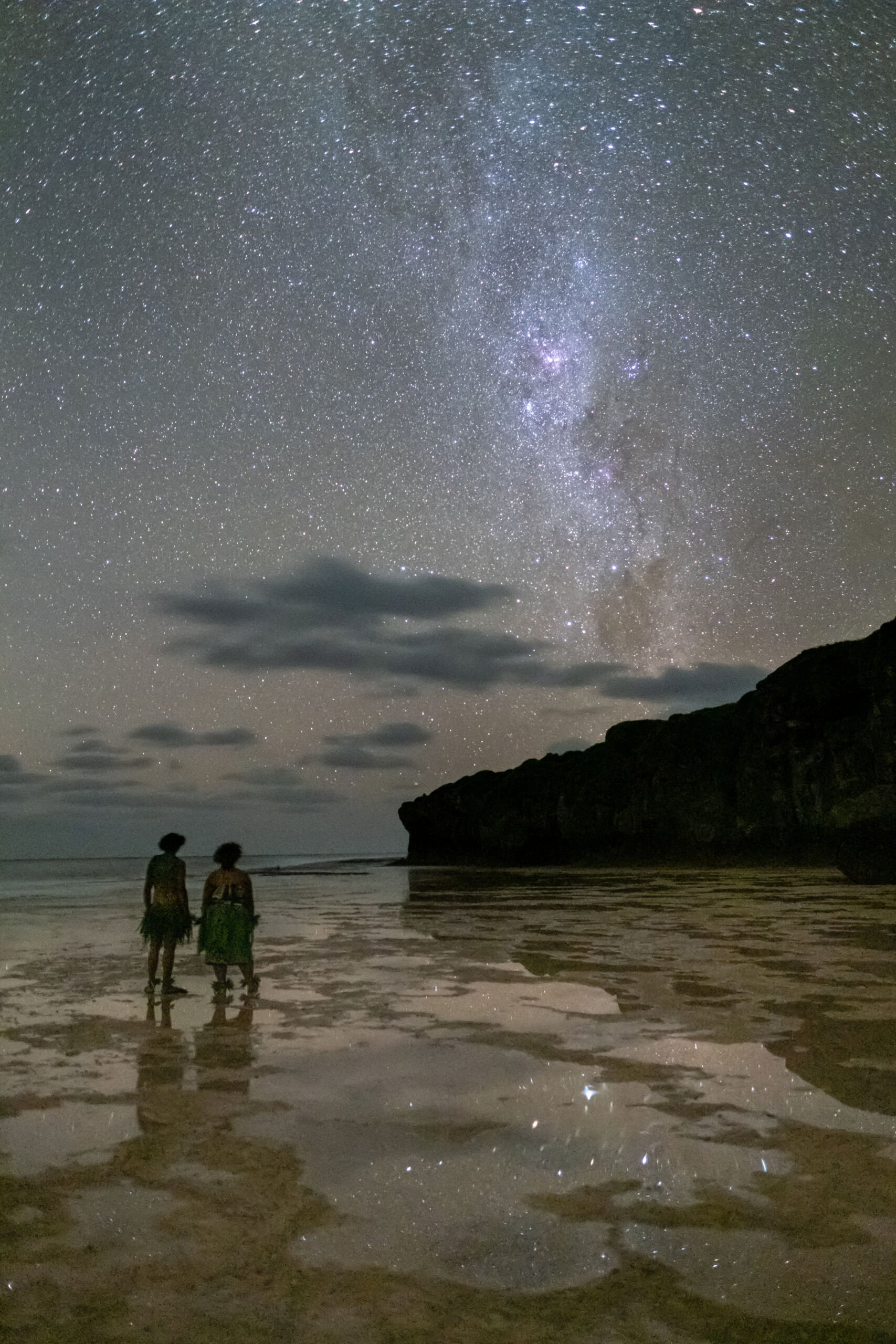
Media Release
The Pacific nation now provides protection for sky, sea, and land.
The Pacific island of Niue is the world’s first whole country to become an International Dark Sky Place. It has received formal accreditation from the International Dark-Sky Association (IDA) as an International Dark Sky Sanctuary and International Dark Sky Community, thus covering the whole country with Dark Sky protection and recognition and deeming it a ‘dark sky nation’.
Adam Dalton, International Dark Sky Places Program Manager states, “Following a rigorous application and approval process I would like to formally congratulate Niue on becoming the newest addition to IDA’s International Dark Sky Places Program”.
Niue now has formal protection for its sky, land, and sea with the IDA International Dark Sky designations adding to the existing measures including a marine reserve which encompasses 40% of Niue’s exclusive economic zone and the Huvalu Forest Conservation Area which contains some of the most threatened flora and fauna in the world.
Felicity Bollen, Niue Tourism CEO says, “The people of Niue are understandably proud and delighted to receive such an important acknowledgment from the International Dark-Sky Association. To be the first whole country to become a dark sky nation is a massive accomplishment for a small Pacific nation with a population of just over 1,600”.
She adds, “The stars and night sky have a huge significance to the Niuean way of life, from a cultural, environmental and health perspective. Being a dark sky nation will help protect Niue’s night skies for future generations of Niueans and visitors to the country”.
Niue has undertaken significant measures to become a dark sky nation. The initiative, championed by Niue Tourism, received support from the Niue Government and community with the whole island coming together to support the endeavor and make the necessary changes. Andre Siohane, Director-General for the Ministry of Infrastructure and Chair of the Niue Dark Sky Committee says, “The Government of Niue has embraced and supported the project for Niue to become a dark sky nation, demonstrating a commitment to the protection, management, and enhancement of the nation’s dark skies”. He adds, “Some of the significant measures undertaken by the government include full streetlight replacement for the entire island and the upgrading of domestic private lighting”.
New Zealand couple, Richard and Gendie Somerville-Ryan, were responsible for researching and writing Niue’s IDA application. Having previously carried out a successful bid for Great Barrier Island (New Zealand) to become a Dark Sky Sanctuary, the pair were able to provide Niue with the specialist technical expertise and support required. Richard Somerville-Ryan, “Niue has an established ethos and record of environmental conservation and protection. The journey to protect the nation’s pristine night skies began in mid-2018 when we were delighted to form a small project team with Niue Tourism who understood the positive impact this initiative could have for Niue and its people. We then began to share our excitement about the quality of the island’s dark sky with the wider community”.
Niueans have a long history of star navigation and a life regulated by lunar cycles and star positions. The knowledge of the night skies, held by the elders in the community, has been passed down through the generations. Niuean elders now hope the passion to learn the cultural history of the stars is re-ignited in younger generations. Misa Kalutea, a Niuean elder and cultural guardian says “Niue’s skies have been observed and appreciated for centuries. The dark sky nation status adds new emphasis to the importance of our traditional knowledge, providing a reason for the retelling and sharing of this knowledge before it is
lost”.
Niue’s official Dark Sky recognition is set to provide a significant economic opportunity for the small Pacific island with a growing global interest in Astro-tourism. Niue is well placed as a Dark Sky Sanctuary being isolated but easily accessible and linked to the rest of the world with twice-weekly flights from Auckland, New Zealand. Once on Niue, visitors can view the spectacle of an unspoiled night sky in the temperate tropical climate.
Felicity Bollen, Niue Tourism CEO says, “Viewing sites which are currently used for whale-watching and accessing the sea are already established on the island. In addition, the dark interior provides spectacular views of the sky and the roads that cross the island make ideal viewing locations”. She adds, “Visitors will be able to enjoy guided Astro-tours led by trained Niuean community members. They will witness the wonder of a night sky illuminated by thousands of stars. The Milky Way with the large and small Magellanic Clouds and the Andromeda constellation are truly a sight to behold”.
ENDS
For media enquiries and further information please contact:
- Felicity Bollen, Niue Tourism Chief Executive, T: +6427 232 3261, E: [email protected]
- Lwindi Ellis, Raise Communications Director, T: +6421 433 475, E: [email protected]
About Niue
Niue is a large upraised coral atoll with a small population of 1,500. It is a standalone island in the center of a triangle of nations made up of Tonga, Samoa, and the Cook Islands, located 2400km northeast of New Zealand, on the eastern side of the international dateline. Niue has International Dark Sky Community status for the western littoral rim, from the southern edge of the village of Mutalau to the northern edge of the village of Hakupu. The country also has received International Dark Sky Sanctuary status for the central core and East coast of the nation of Niue. The Sanctuary covers 75% (194sq km) of Niue’s landmass. Together the two Dark Sky designations cover the whole country with Dark Sky protection and recognition.
About the International Dark-Sky Association
The IDA is the globally recognized authority for night sky protection and has taken the lead in identifying and publicizing the negative impacts of artificial light at night on human health, wildlife, and climate change. In 2001 the International Dark-Sky Association (IDA) set up a program to award destinations working to preserve their dark skies. According to research by the Light Pollution Science and Technology Institute, 80% of Earth’s landmass suffers from light pollution, meaning they cannot experience the wonder of the night sky in full effect.







